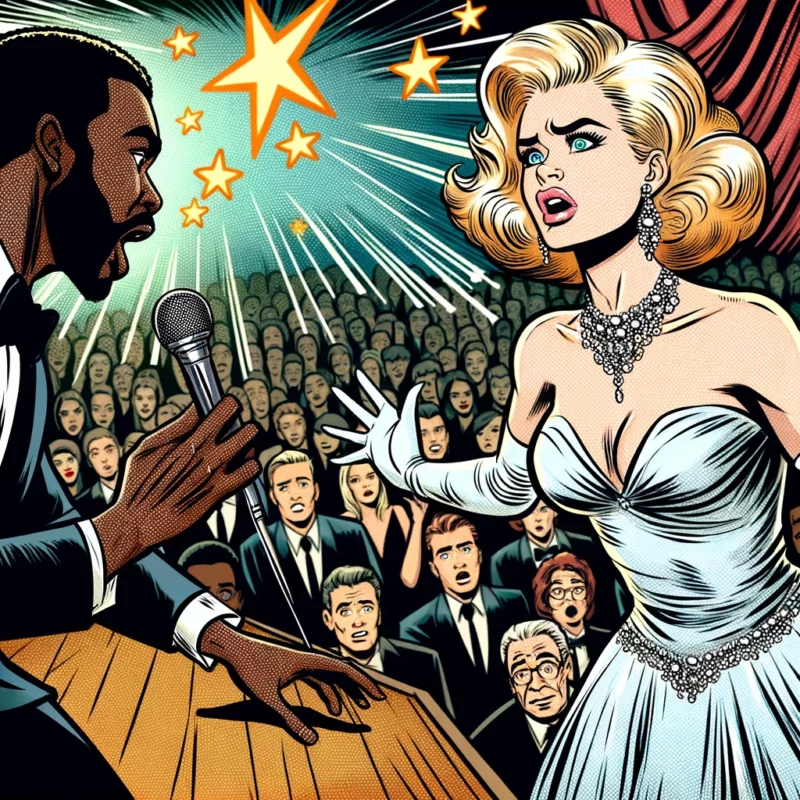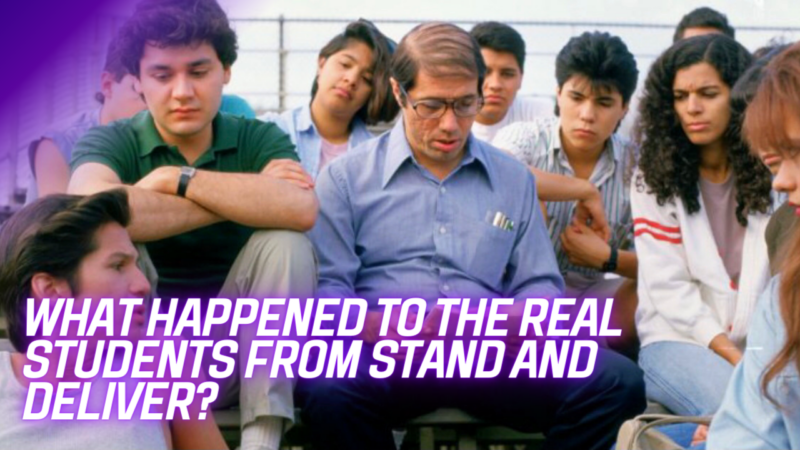Dennis Hopper was a legendary actor, director, and artist who left an indelible mark on the entertainment industry. Known for his rebellious spirit and intense performances, Hopper’s career spanned over five decades and included iconic roles in films such as “Easy Rider,” “Apocalypse Now,” and “Blue Velvet.” However, his personal life was plagued by struggles with addiction and tumultuous relationships, which ultimately took a toll on his health. In this article, we will explore the life and career of Dennis Hopper, as well as the events that led to his untimely demise.
Born on May 17, 1936, in Dodge City, Kansas, Dennis Hopper grew up in a middle-class family. His parents, Marjorie Mae and James Millard Hopper, encouraged his artistic pursuits from a young age. Hopper’s interest in acting blossomed during his high school years, and he eventually moved to Los Angeles to pursue a career in the entertainment industry.
Hopper’s early career was marked by small roles in television shows and films. However, it was his breakthrough performance in the 1969 film “Easy Rider” that catapulted him to stardom. Not only did Hopper star in the film, but he also co-wrote and directed it, showcasing his multifaceted talent. “Easy Rider” became a cultural phenomenon and a symbol of counterculture rebellion, solidifying Hopper’s status as a Hollywood icon.
Following the success of “Easy Rider,” Hopper continued to take on challenging and unconventional roles. He appeared in films such as “The Last Movie,” “Apocalypse Now,” and “Blue Velvet,” earning critical acclaim for his intense and often unpredictable performances. Hopper’s ability to fully immerse himself in his characters made him one of the most respected actors of his generation.
However, behind the scenes, Hopper’s personal life was spiraling out of control. He struggled with substance abuse, particularly alcohol and drugs, which affected his relationships and professional reputation. Hopper’s erratic behavior and unpredictable nature made him difficult to work with, leading to strained relationships with directors and co-stars.
One of the most infamous incidents in Hopper’s life occurred during the production of “Apocalypse Now.” His excessive drug use and erratic behavior caused tension on set, leading director Francis Ford Coppola to fire him. Hopper’s role was significantly reduced, and he was replaced by another actor for certain scenes. Despite this setback, Hopper’s performance in the film remains memorable, showcasing his ability to captivate audiences even in the midst of personal turmoil.
Throughout his career, Hopper’s artistic pursuits extended beyond acting. He was an accomplished photographer and painter, with his work exhibited in galleries around the world. Hopper’s artistic endeavors provided an outlet for his creativity and allowed him to express himself in ways that acting alone could not.
In addition to his artistic pursuits, Hopper was also known for his political activism. He was a vocal opponent of the Vietnam War and participated in various protests and demonstrations. Hopper’s activism further solidified his status as a counterculture icon and endeared him to a generation of young people who shared his anti-establishment sentiments.
Unfortunately, Hopper’s struggles with addiction and tumultuous personal life took a toll on his health. In 2009, he was diagnosed with prostate cancer, which had metastasized to his bones. Despite undergoing treatment, Hopper’s condition worsened, and he passed away on May 29, 2010, at the age of 74.
Dennis Hopper’s death marked the end of an era in Hollywood. His unique talent and rebellious spirit made him a true icon of American cinema. While his personal demons may have overshadowed his career at times, Hopper’s contributions to the entertainment industry cannot be understated.
In conclusion, Dennis Hopper was a complex and enigmatic figure who left an indelible mark on the entertainment industry. His rebellious spirit and intense performances made him one of the most respected actors of his generation. However, his personal struggles with addiction and tumultuous relationships took a toll on his health and ultimately led to his untimely demise. Despite the challenges he faced, Hopper’s legacy as a Hollywood icon and counterculture figure will continue to inspire future generations of artists and performers.







